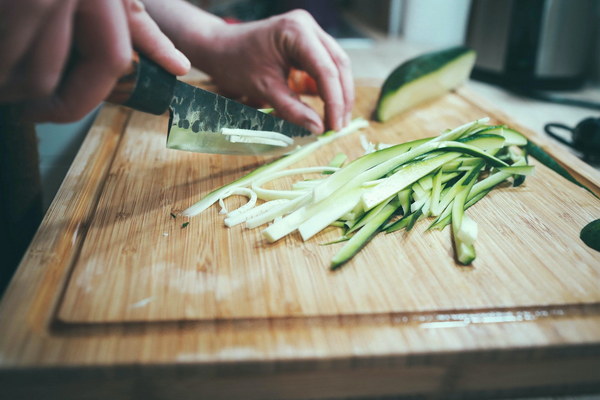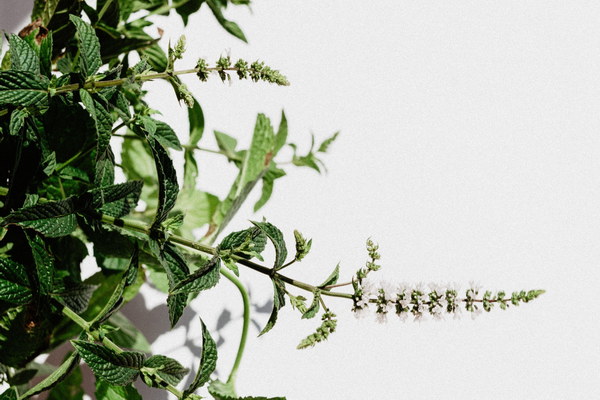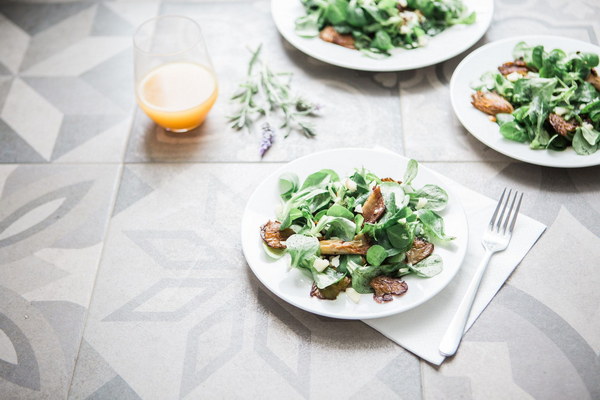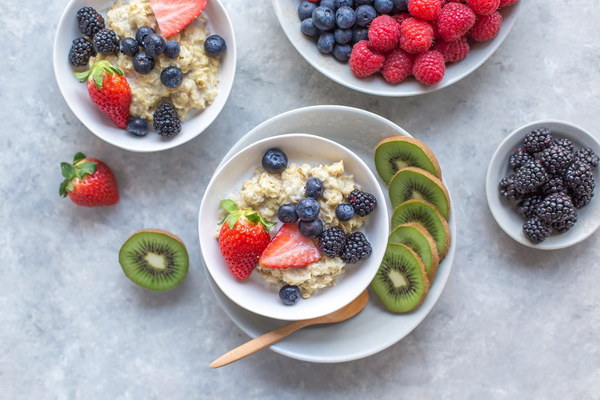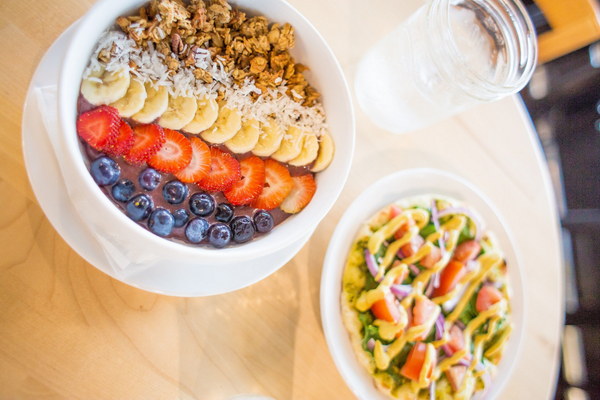Nourishing Your Period A Comprehensive Guide to Period-Friendly Nutrition
The menstrual cycle is a natural part of a woman's life, yet it can often come with discomfort and inconvenience. While there's no magic bullet to eliminate period symptoms entirely, proper nutrition can significantly alleviate discomfort and support overall health during this time. In this article, we'll explore the best ways to nourish yourself during your period, ensuring you feel as comfortable as possible.
1. Hydrate
Proper hydration is essential for overall health and can help alleviate period symptoms such as bloating and fatigue. During your period, it's even more crucial to drink plenty of water. Aim to consume at least 8-10 glasses of water daily, and if you're experiencing cramps, consider adding a slice of lemon or cucumber to your water to help soothe the stomach.
2. Consume Magnesium-Rich Foods
Magnesium is a mineral that plays a vital role in muscle relaxation and can help alleviate cramps during your period. Incorporate magnesium-rich foods into your diet, such as almonds, cashews, pumpkin seeds, and spinach. Alternatively, you can take a magnesium supplement, but consult with your healthcare provider first to determine the appropriate dosage.
3. Eat Iron-Rich Foods
Iron deficiency is a common issue among women during their periods, as it can lead to anemia and exacerbate fatigue. To combat this, consume iron-rich foods such as lean red meat, poultry, fish, beans, lentils, tofu, and fortified cereals. Pair these with vitamin C-rich foods, like oranges, strawberries, and bell peppers, to enhance iron absorption.
4. Boost Your Calcium Intake
Calcium can help regulate prostaglandins, which are hormone-like substances that can cause menstrual cramps. To increase your calcium intake, consume dairy products such as milk, cheese, and yogurt, or opt for plant-based sources like tofu, fortified plant milks, and leafy greens.
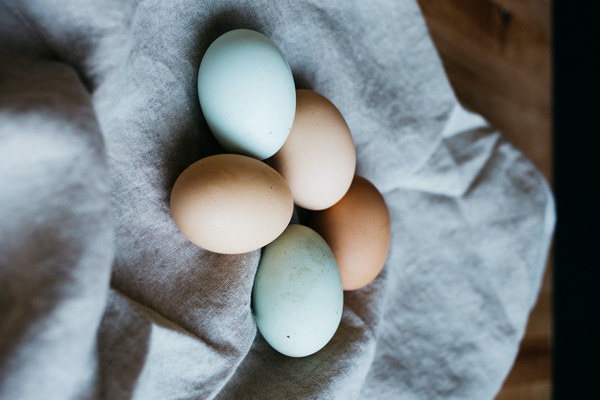
5. Incorporate Omega-3 Fatty Acids
Omega-3 fatty acids have anti-inflammatory properties that can help reduce period pain. Include omega-3-rich foods in your diet, such as fatty fish (like salmon, sardines, and mackerel), flaxseeds, chia seeds, and walnuts.
6. Limit Caffeine and Alcohol
Both caffeine and alcohol can exacerbate period symptoms, including cramping, bloating, and fatigue. Try to limit your intake of these substances during your period, or opt for herbal teas and non-alcoholic beverages instead.
7. Prioritize Gentle Foods
During your period, your digestive system may be more sensitive. Incorporate gentle, easily digestible foods such as bananas, rice, applesauce, and oatmeal into your diet. These foods can help reduce bloating and gastrointestinal discomfort.
8. Stay Active
Regular exercise can help alleviate period pain and improve mood. Engage in activities you enjoy, such as walking, yoga, or swimming, to stay active during your period. Just be mindful of your energy levels and avoid overexertion.
9. Manage Stress
Stress can exacerbate period symptoms, so it's important to find healthy ways to manage stress during this time. Practice relaxation techniques such as deep breathing, meditation, or mindfulness to help calm your mind and body.
10. Seek Professional Advice
If you're experiencing severe period symptoms or have concerns about your health, don't hesitate to consult with a healthcare provider. They can offer personalized advice and recommend additional treatments or supplements that may help alleviate your symptoms.
In conclusion, nourishing your body during your period is essential for managing symptoms and supporting overall health. By incorporating these period-friendly nutrition tips into your daily routine, you can help ensure a more comfortable and manageable menstrual experience.





